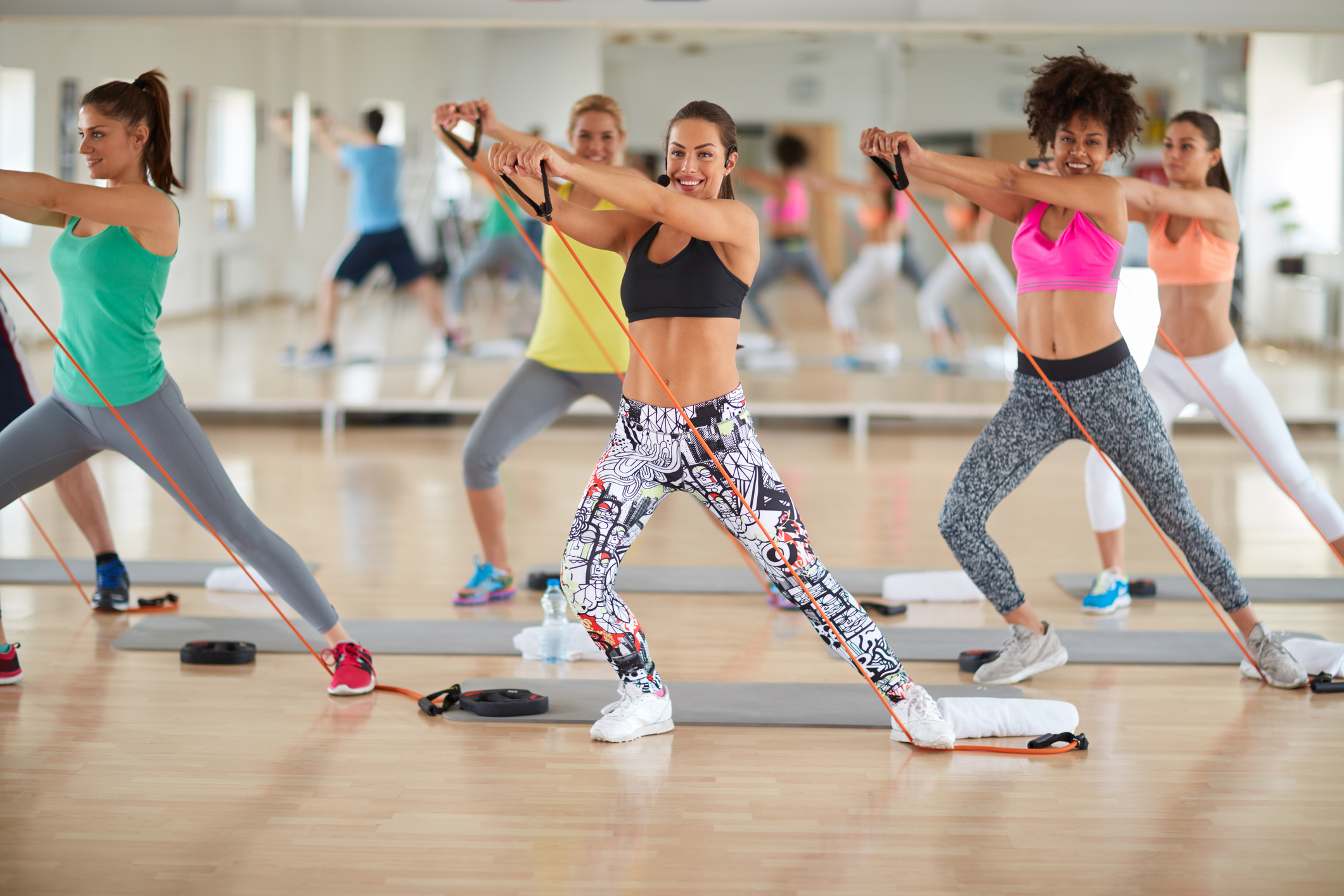The positive effects of aerobic exercise training on skeletal muscle metabolism are well recognized. Exercise also leads to beneficial metabolic adaptations in other organs, including the brain, liver, kidneys and adipose tissue. However, the effects of exercise on immune cell metabolism are largely unknown. Immune cells that circulate throughout the body are exposed to exercise-associated changes in levels of metabolites, neuroendocrine factors and myokines, all of which may impact cell function. Previous studies have shown an upregulation of metabolism-related pathways in the immune cells of endurance athletes, but which specific cells are impacted and how this affects cellular function is poorly understood. There is a particular lack of knowledge concerning cells belonging to the adaptive immune system (T cells and B cells).
Within the adaptive immune system, T cells are critical for mounting effective responses against abnormal or virus-infected cells, secreting cytokines that assist other cells and conferring immunological memory following infection or vaccination. T cells may also contribute to inflammatory processes that accompany many chronic diseases. This is a vast job description, but T cells share the workload, with specific cellular subsets performing specialized tasks. Importantly, metabolic differences exist between T cells with different specializations. Because mitochondrial characteristics often underlie these phenotypes, changes in mitochondrial bioenergetics caused by exercise would likely have implications for T cell function. Given the incalculable value of a healthy immune system throughout the lifespan, it is important to understand the role that exercise plays in mediating T cell metabolism and function.
In our study published in Medicine & Science in Sports & Exercise®, we investigated the effects of aerobic exercise on naïve T cells. These cells are responsible for initiating adaptive immune responses to novel pathogens and serve as the precursors for effector and memory T cells. We collected blood from young adults who either participated in > 6 hours or < 90 minutes of moderate to vigorous exercise per week. Additionally, participants’ cardiorespiratory fitness was assessed, and each wore a physical activity monitor for one week.
We found that the active group had greater mitochondrial mass within one T cell compartment known as naïve CD8+ T cells, along with higher cardiorespiratory fitness and a leaner body composition than their less-active counterparts. The mitochondrial mass of naïve T cells was positively associated with cardiorespiratory fitness and energy expenditure. We did not observe a difference in naïve T cell energy production rates between active and inactive adults. These findings could suggest that increasing physical activity level may lead to increases in immune cell mitochondrial mass and, potentially, improved function. The potential benefits of increased mitochondrial mass in T cells include enhanced antitumor immunity or an increased ability to buffer damaging reactive oxygen species associated with aging. In future studies, these functional measures may be assessed. Because our design was cross-sectional, additional longitudinal studies are required to establish causality and delineate the individual effects of physical activity volume, cardiorespiratory fitness and body composition on T cells. Overall, these initial findings suggest that exercise may confer metabolic adaptations in T cells, opening new avenues in identifying how exercise may improve health.

Jessica Alley, PhD, earned her doctoral degree in kinesiology and immunobiology from Iowa State University, where her research focused on the modulation of adaptive immunity through exercise and metabolism-targeting pharmacological agents. She is currently a research specialist at the University of North Carolina Lineberger Comprehensive Cancer Center.

Marian Kohut, PhD, is the Barbara E. Forker Endowed Professor of Kinesiology and member of the Nanovaccine Institute at Iowa State University. Her research lab is interested in understanding how variability in host phenotype impacts the immune response to respiratory viral infection, vaccine response, and inflammation-related chronic disease. Fixed factors of host phenotype that influence immunity include age and sex, whereas flexible factors such as health practices also have a considerable impact on innate and adaptive immunity and may be manipulated to improve disease outcome or vaccine efficacy. We also aim to improve vaccine efficacy and health outcomes by developing vaccines or therapeutics that target host phenotype deficiencies.
Viewpoints presented in SMB commentaries reflect opinions of the authors and do not necessarily represent ACSM positions or policies. Active Voice authors who have received financial or other considerations from a commercial entity associated with their topic must disclose such relationships at the time they accept an invitation to write for SMB.




